13 Things You Should Never Do When You Live Alone
Living alone can feel incredibly freeing. You set the rules, choose the playlist, and enjoy peace on your own terms. But with that independence comes a few important responsibilities—especially when it comes to safety. A lot of risks come from everyday habits we barely think about.
These safety tips can help you stay secure and avoid unexpected trouble at home.
Not Changing the Locks When You Move In
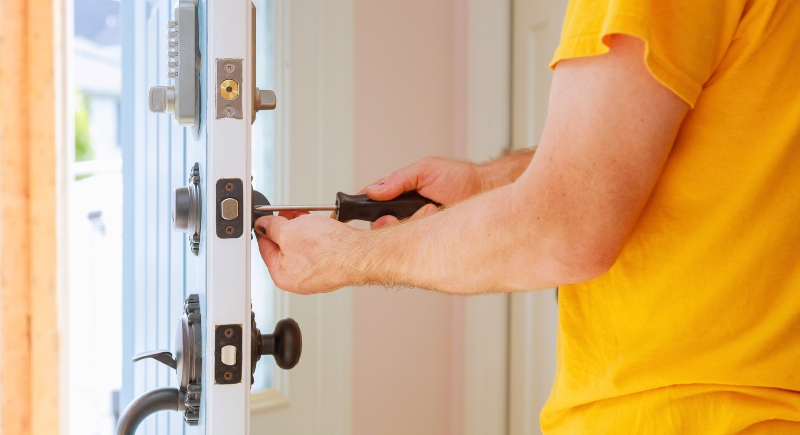
Credit: iStockphoto
The day you move in, the first call you should make is to a locksmith. You never know how many copies of your key exist or who might still have one. Previous tenants, maintenance workers, or even realtors could walk in without warning.
Putting Your Key in Obvious Hiding Spots
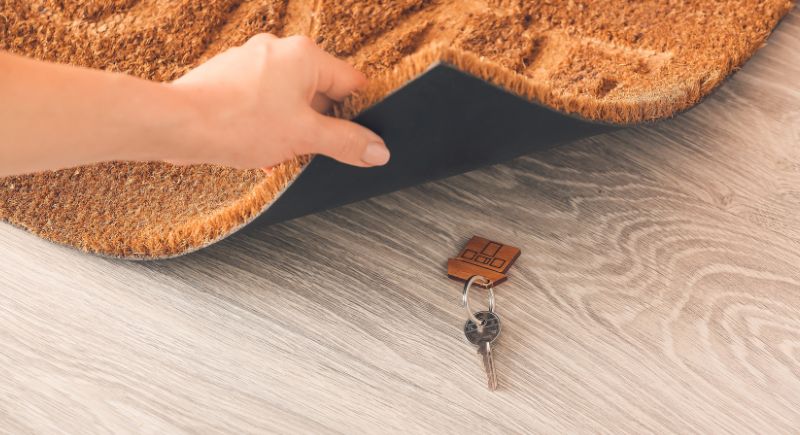
Credit: pixelshot
If you’re still hiding a spare key under a doormat or in a fake rock, you’re basically inviting someone inside. Thieves check those places first. Instead, get a lockbox with a code or leave a spare with a trusted neighbor.
Accidentally Posting Your Location Online
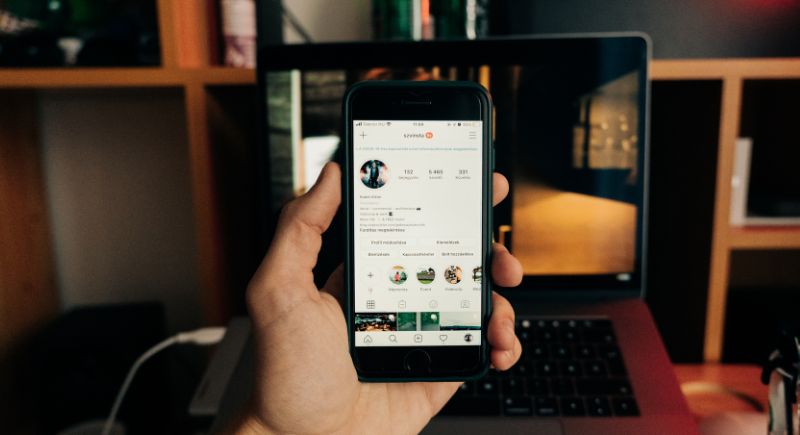
Credit: pexels
Checking your post thoroughly to pinpoint any vulnerable information is basic personal safety in the digital age. Social media doesn’t feel risky until it does. When you post a story from home or tag a location in real-time, you’re announcing two things: you’re alone, and your place is vulnerable.
Opening the Door Without Asking
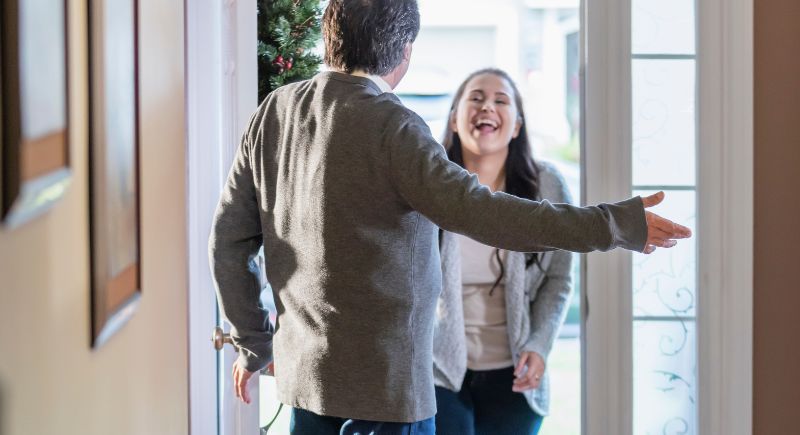
Credit: Getty Images
Someone rings the bell wearing a uniform and holding a clipboard. Don’t open the door right away! Scammers often dress up as delivery drivers or utility workers to gain access. Ask questions, check ID, and call the company if something feels off.
Being Lazy About Locking Doors and Windows
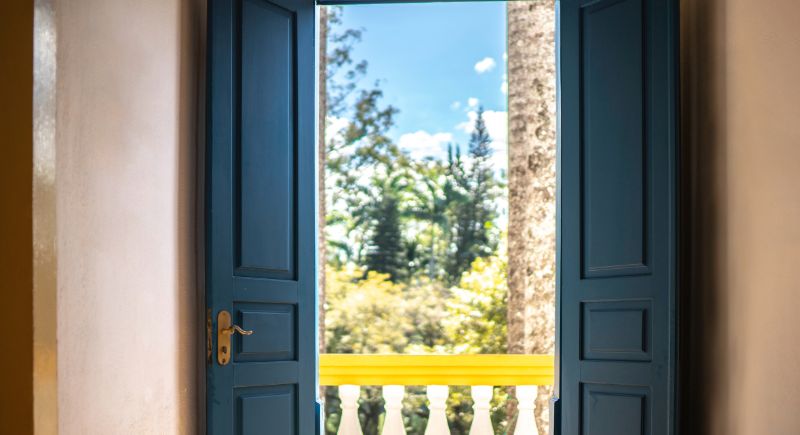
Credit: Getty Images
Even in safe areas, burglaries happen. Criminals often look for homes where people let their guard down with unlocked back doors, open windows, or forgotten sliders. One missed lock can turn a peaceful night into a dangerous situation you could’ve avoided.
Telling Strangers You Live Alone

Credit: Getty Images
It might slip out during a casual conversation with a stranger, be it a rideshare driver, someone at a party, or even a barista. But saying “I live alone” gives away more than you think. You don’t know who’s listening or how they’ll use that info.
Not Closing Your Curtains After Dark
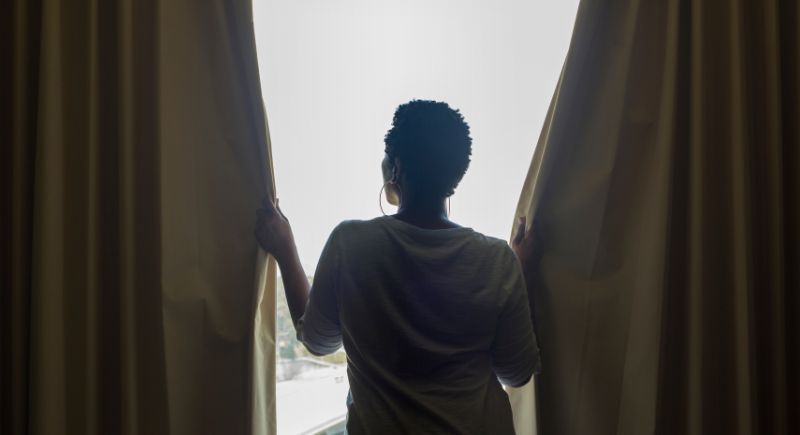
Credit: Getty Images
If your lights are on and your curtains are open at night, anyone outside can see everything inside, including what you’re watching, what you’re wearing, and what kind of tech you’ve got. Once it’s dark, close the blinds. You control who gets a view, so don’t give it away for free.
Not Installing a Peephole or Door Camera
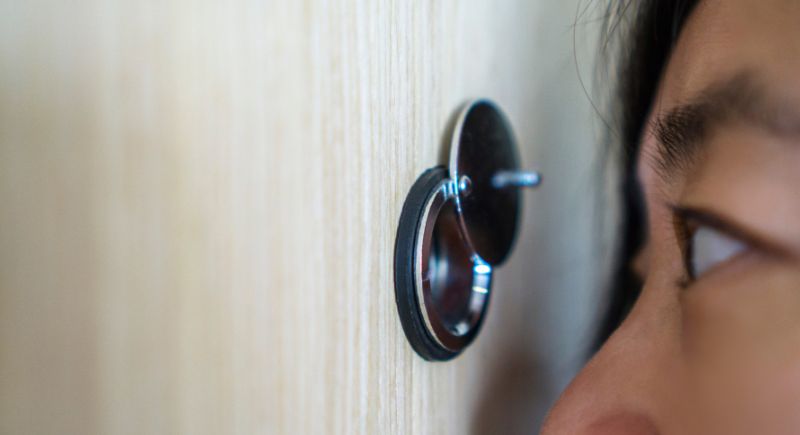
Credit: Getty Images
Not every apartment or rental comes with built-in security features. If you can’t see who’s at the door, you’re forced to guess. Install a peephole or a small indoor camera. These tools let you screen visitors without opening the door and give you peace of mind whether you’re home or away.
Not Knowing Your Neighbors
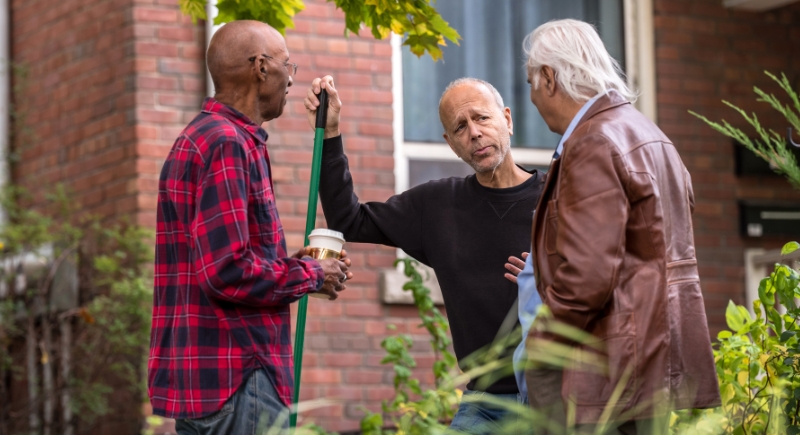
Credit: Getty Images
Living alone doesn’t mean staying isolated. Knowing even one neighbor by name can make a huge difference. If something weird happens, they’re more likely to notice. And if you’re away, they can help keep an eye on things. A simple wave or short intro is all it takes to start.
Letting Packages Pile Up Outside
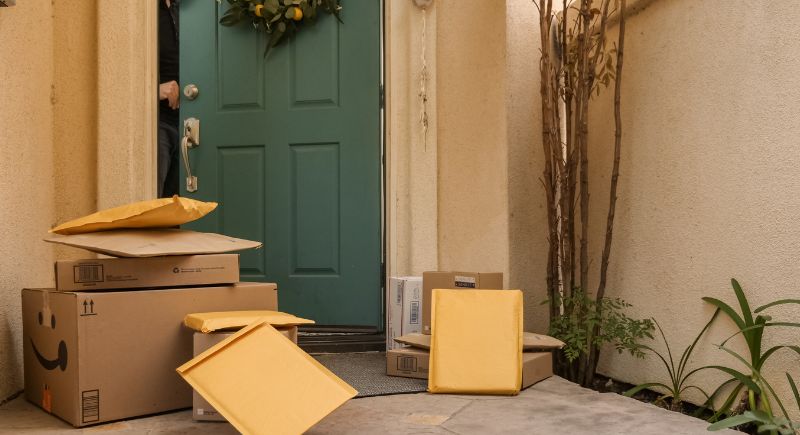
Credit: pexels
A stack of deliveries by your front door tempts porch pirates and signals that no one’s been around. If you order online often, consider using delivery lockers, pickup points, or even a neighbor who works from home.
Not Taking Strange Noises Seriously

Credit: pexels
If you hear a creak, a knock, or a thud, there’s no one else to go check it out. Trust your gut and turn on the lights. Check your security camera if you have one. If something feels wrong, call a friend or even the non-emergency line.
Not Having a Quick Exit Plan for Every Room
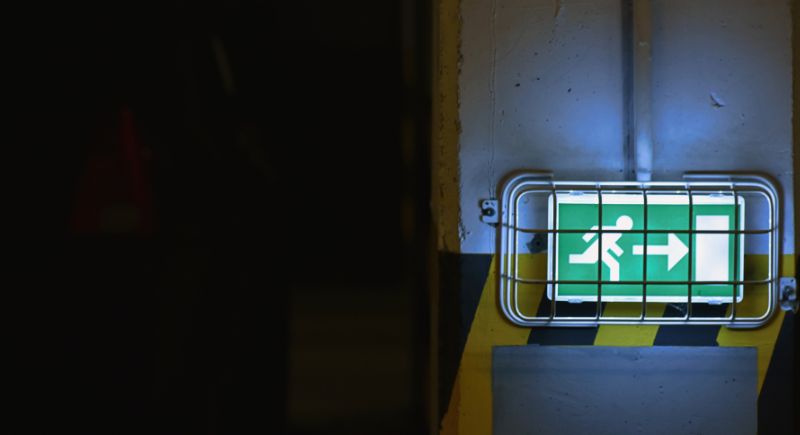
Credit: pexels
It’s not just about break-ins. Fires, earthquakes, or even gas leaks require fast thinking. Walk through your home and figure out how you’d exit from each room, especially if the main door is blocked. Just knowing your routes can reduce panic and help you react faster when seconds count.
Not Taking Self-Defense Seriously
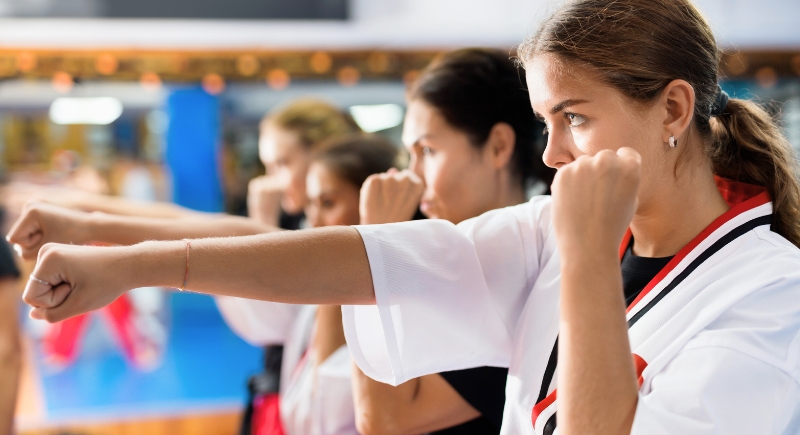
Credit: Getty Images
You don’t need to train like an action movie hero to be able to defend yourself sufficiently. But learning a few basic moves can give you confidence if things ever go sideways. Knowing how to defend yourself—physically or verbally—can change the outcome of a dangerous situation. Many gyms and community centers offer beginner classes.
Delaying the Fixes
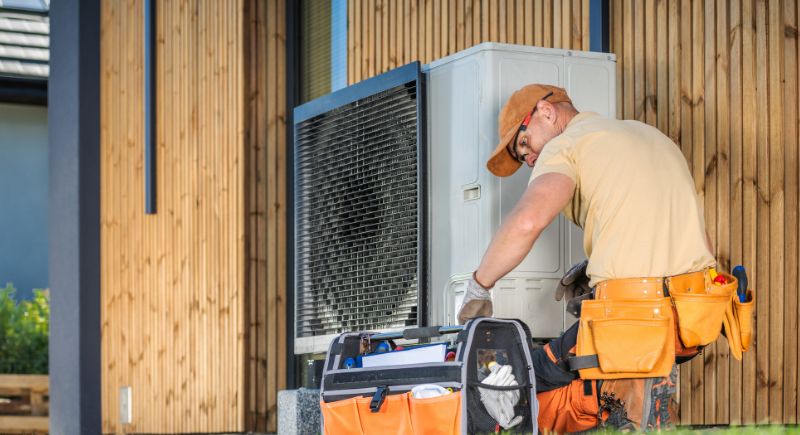
Credit: welcomia
Every loose lock or dead smoke detector affects your safety, and living alone means no one else will report it or fix it. Always make sure to handle repairs quickly to avoid bigger risk factors. A five-minute task can prevent a serious issue later on.
Staying Silent When Someone Knocks
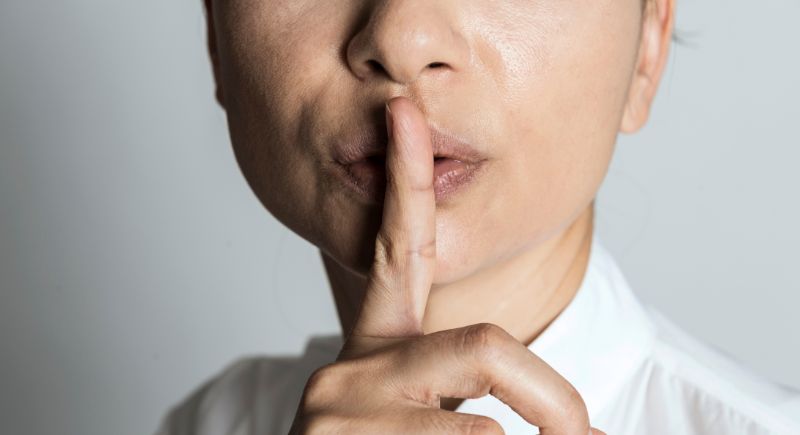
Credit: Getty Images
Lots of people think being quiet makes them safer when someone unexpectedly shows up. But silence can make your home seem empty, and emptiness invites trouble. You don’t need to open the door, but do make some noise. Turn on the TV or say something out loud. Let them know someone’s home.
Leaving Your Phone Uncharged Overnight
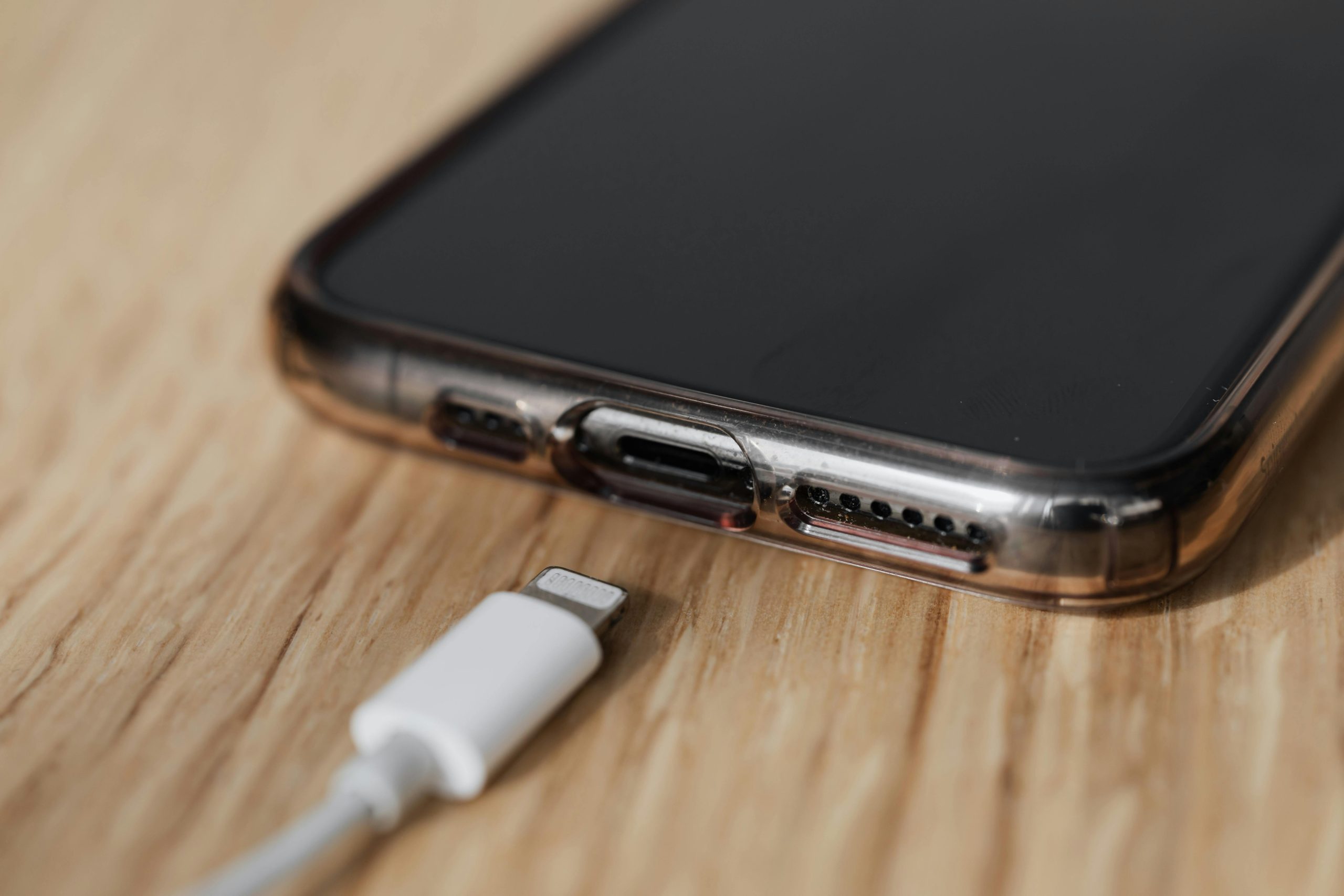
Credit: pexels
Your phone is your lifeline in emergencies. Letting it die overnight could make you unreachable when it matters most. Make it a habit to charge your phone before bed, ensuring it’s ready to go should you make a quick call or receive urgent updates.
Leaving Your Address in Plain Sight

Credit: pexels
Packages, pizza boxes, and junk mail with your full name and address should never stack up by the door or in your trash. If someone’s casing your place, that’s basically a free info sheet. Tear it up, black it out, or shred it—don’t leave breadcrumbs for strangers to follow.
Ignoring Weird Utility Fluctuations

Credit: pexels
Lights flickering? Is the water pressure acting funky? Don’t shrug it off. Unusual changes in your home systems could signal tampering, leaks, or worse. Living alone means it’s all on you—so take note of the small stuff before it snowballs into a costly or dangerous situation. Your utility bill might thank you, too.
Letting Maintenance Issues Linger
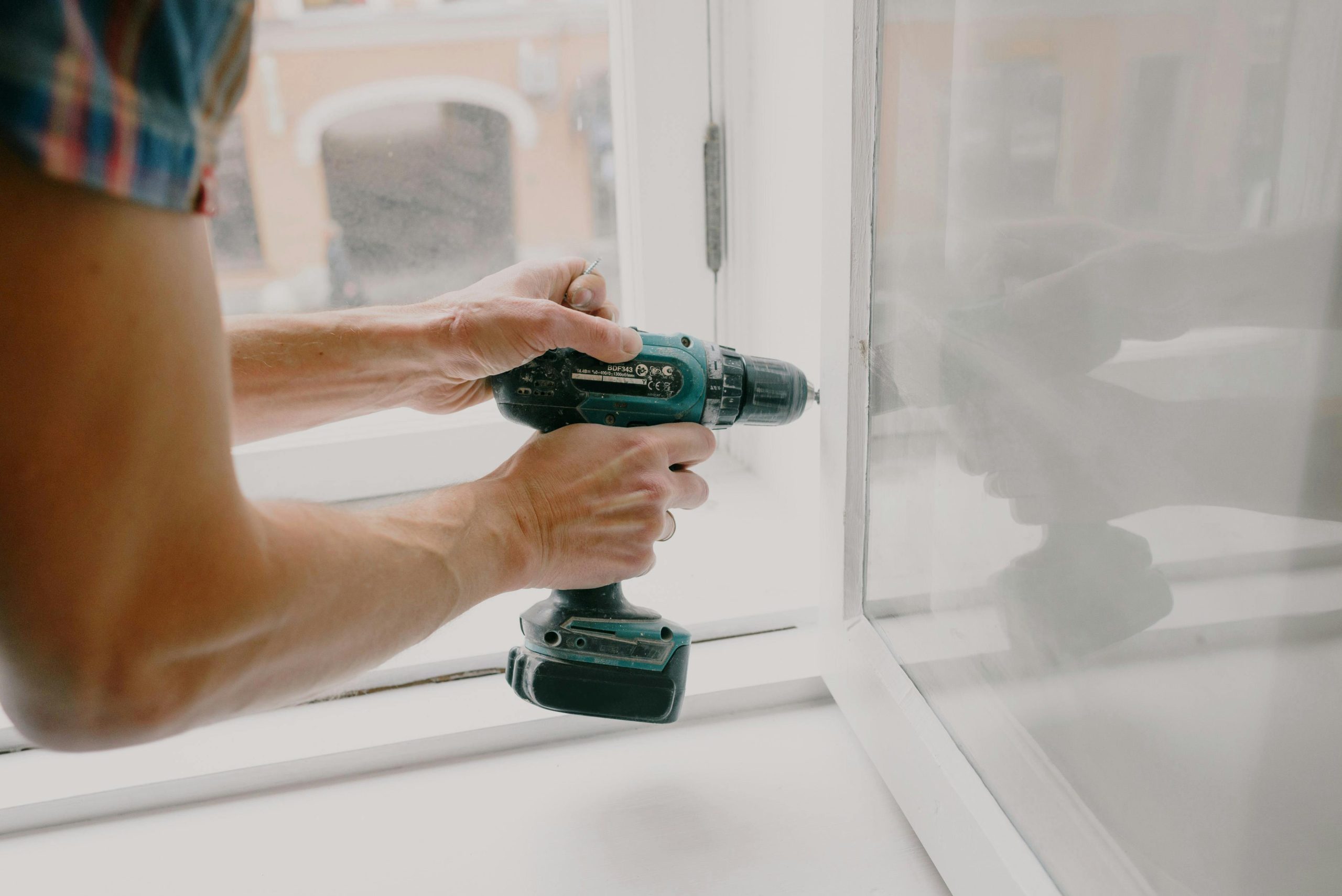
Credit: pexels
A sticking lock or a flickering porch light might seem minor, but small problems can escalate when you’re the only one around to notice. Regularly check and promptly fix issues like faulty locks, broken lights, or malfunctioning smoke detectors. Staying on top of maintenance keeps your home safe and gives you peace of mind.
Using the Same Password for Everything—Including Smart Locks
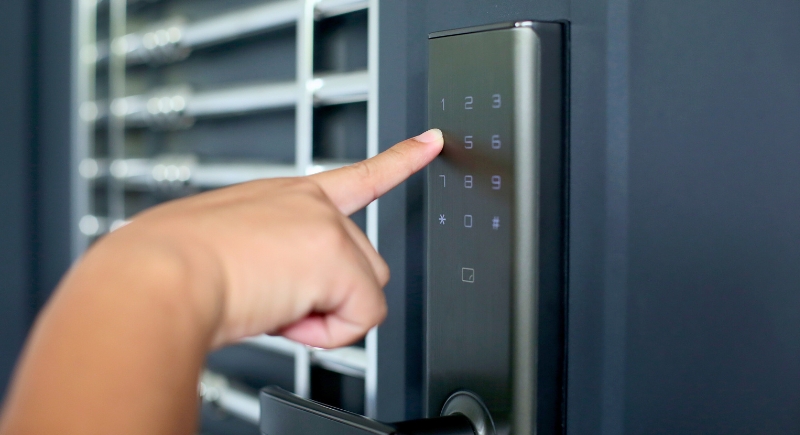
Credit: Getty Images
Using the same password for everything is basically sending out engraved invitations to hackers. And if that password unlocks your smart door lock, too? Yikes. That’s like handing a house key to every cybercriminal in a hoodie. Mix it up, get creative, and keep your digital (and literal) doors secure from the wrong kind of guests.
Relying on a Pet Alone for Security
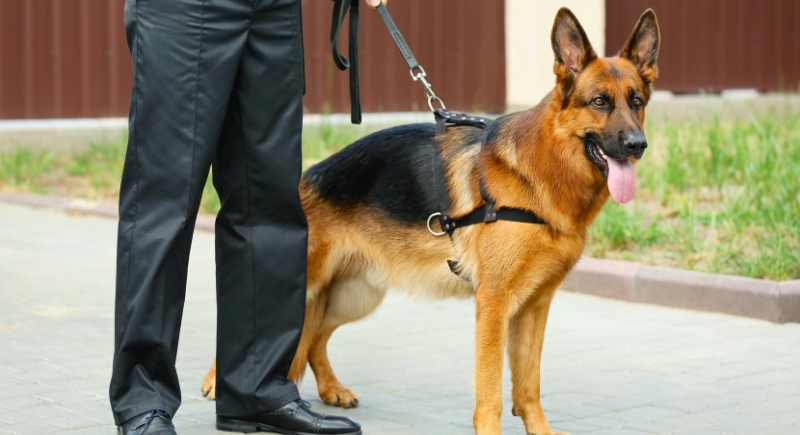
Credit: pixelshot
Relying on a pet alone for security is like trusting a teddy bear to stop a burglar. Sure, Fido’s bark might scare off a few intruders—over 60% of burglars avoid homes with dogs , but once a thief is in, your pup’s just a distraction, not a deterrent. And pets can’t call 911 or trigger alarms.